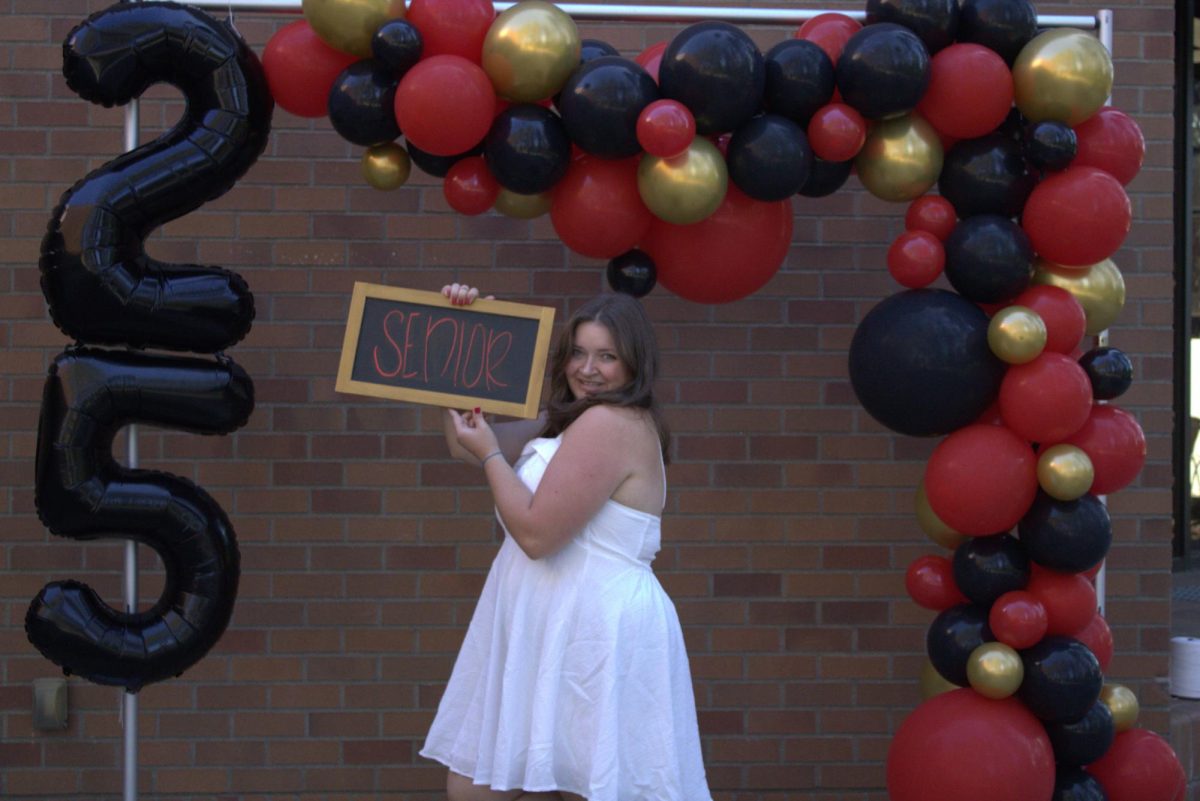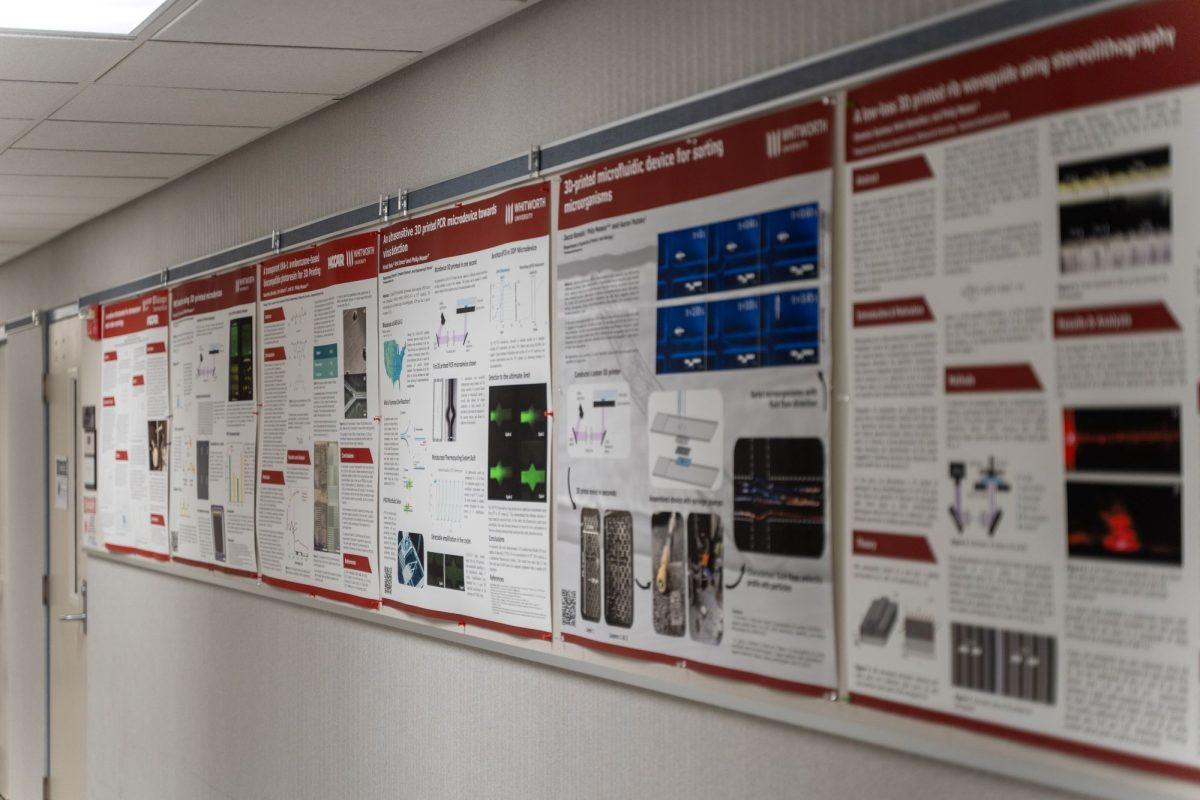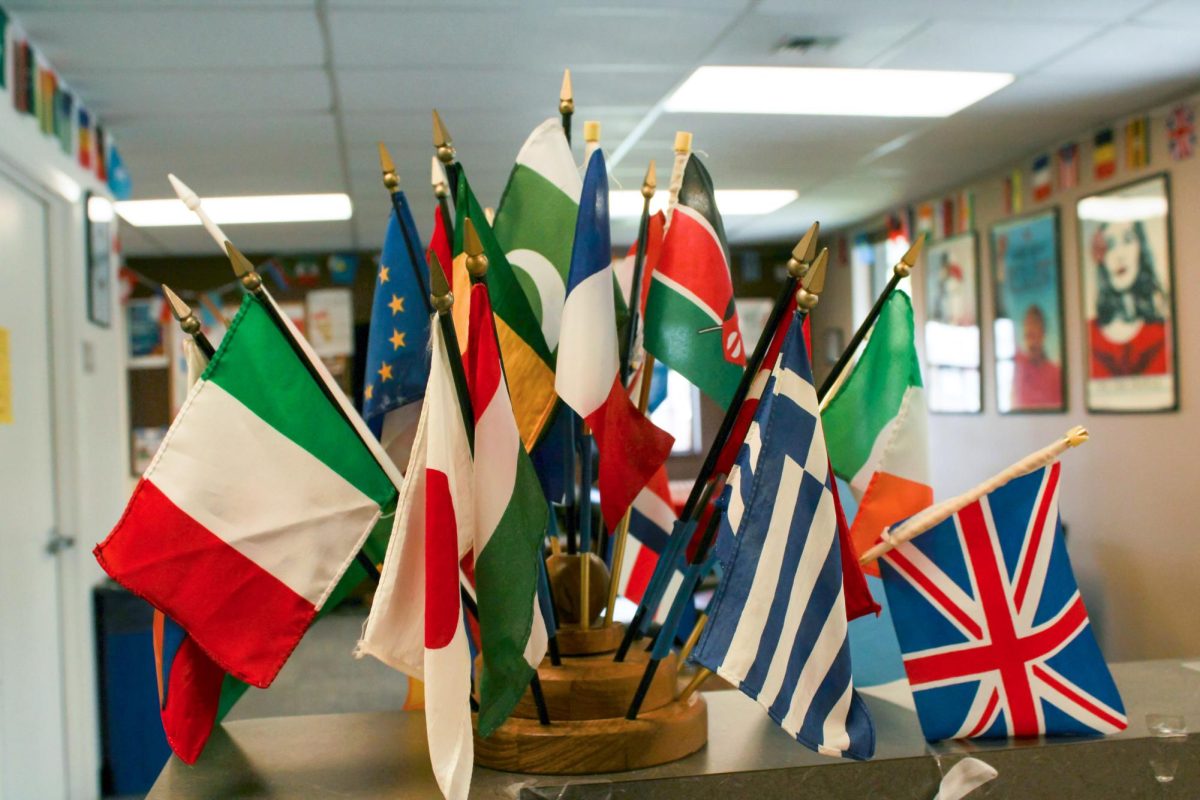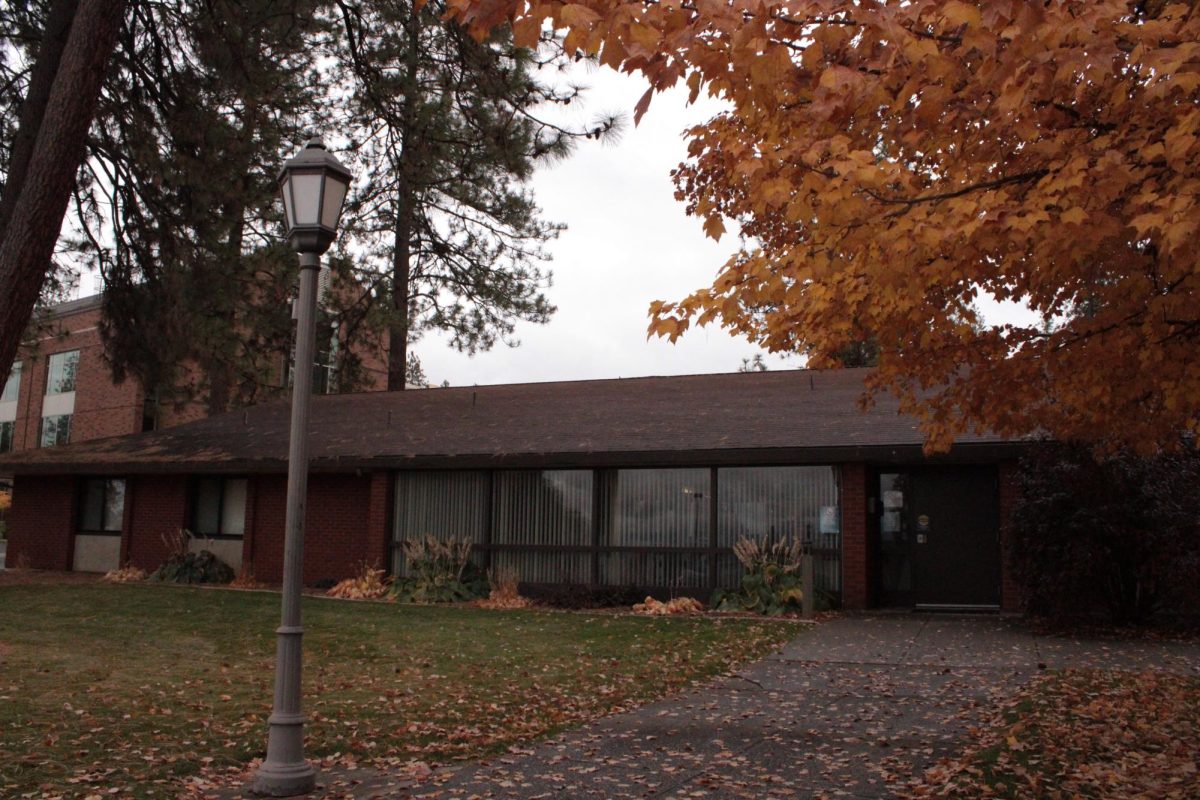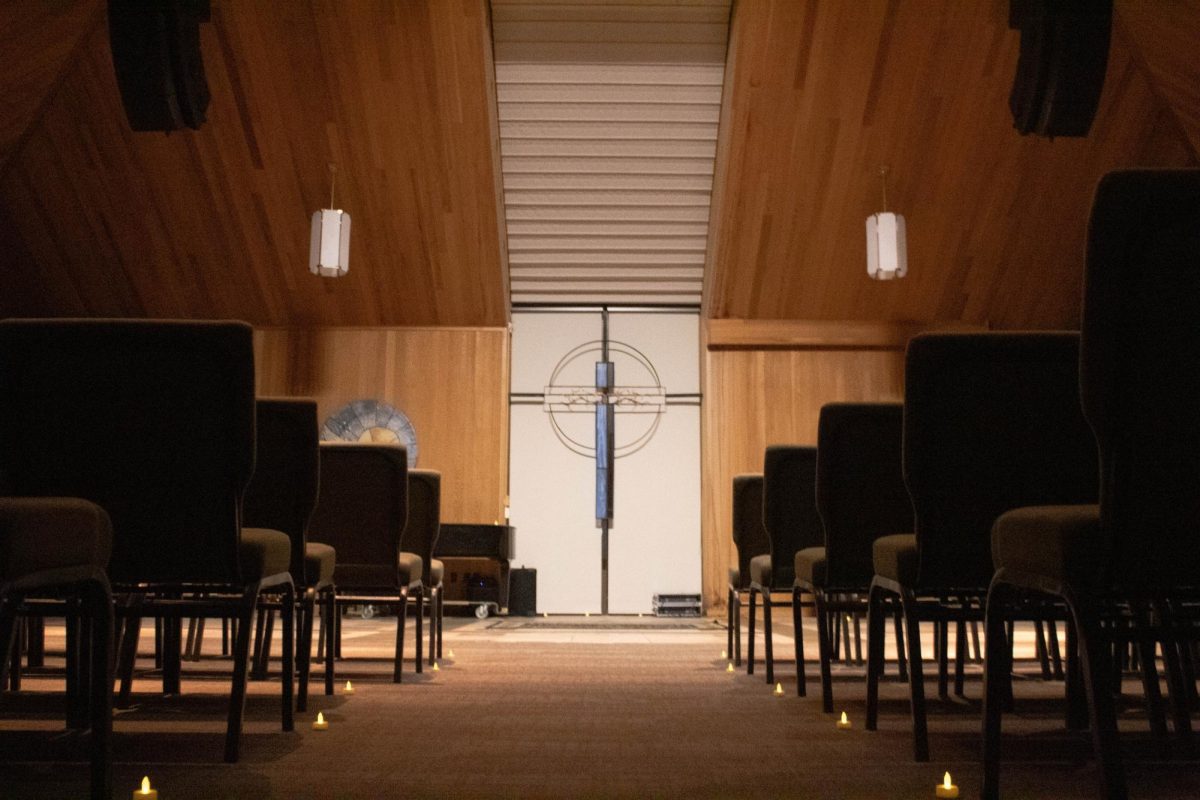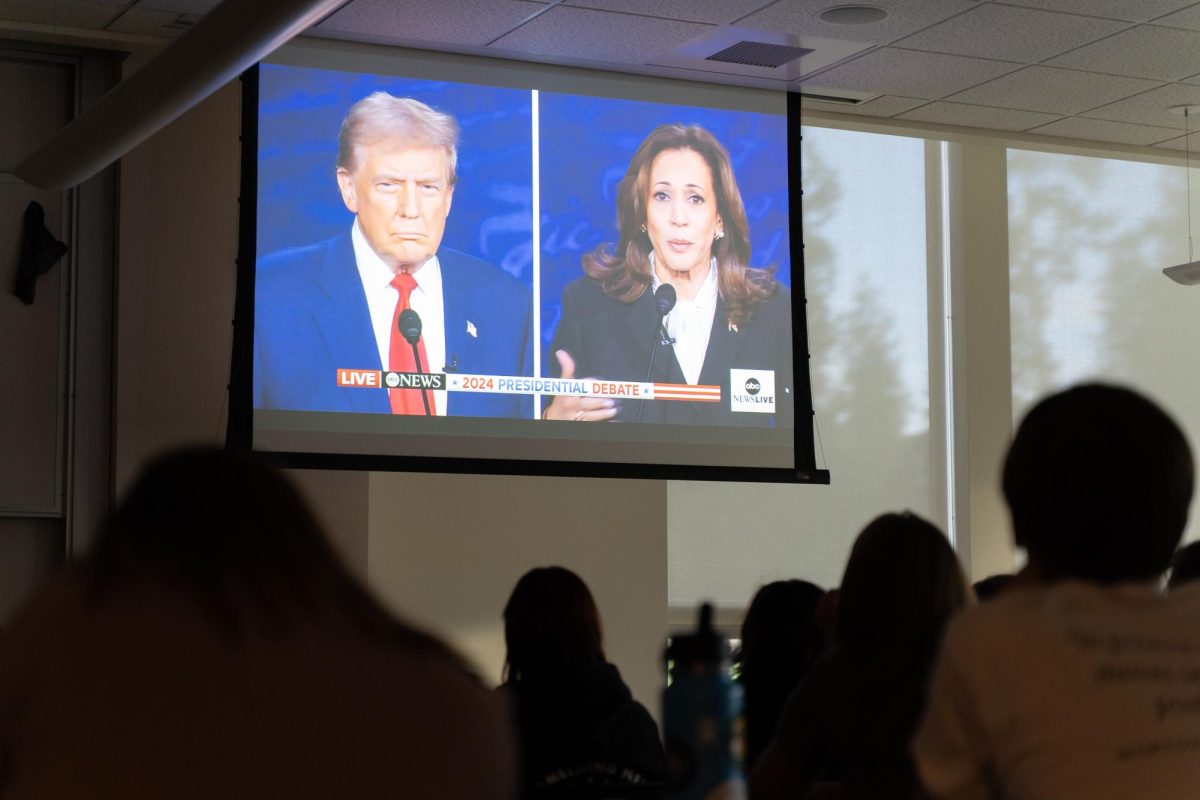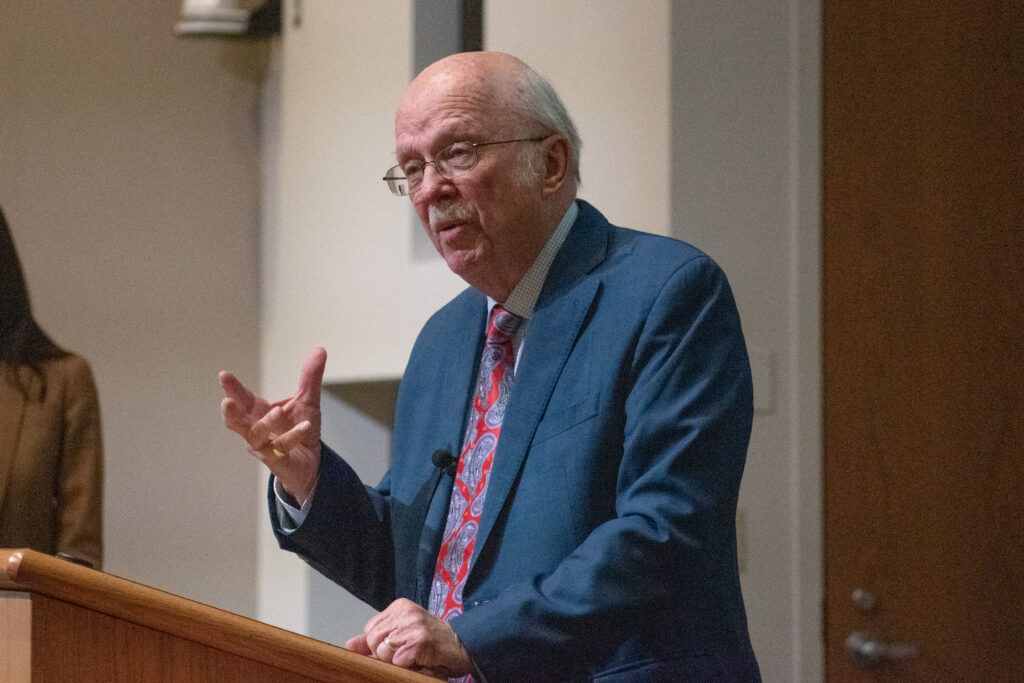
Ronald C. White, New York Times bestselling author, theologian and historian, spoke at Whitworth University on Feb. 21 regarding his new biography, On Great Fields: The Life and Unlikely Heroism of Joshua Lawrence Chamberlain.
White is a former Whitworth chaplain and professor who served the university from 1974 to 1981. He expressed his excitement and gratitude to be welcomed back on campus at the close of his lecture. This event was cohosted by the Office of the President and the Weyerhaeuser Center for Christian Faith and Learning with the goal of emphasizing Christian education and intellectualism.
During his presentation, White shared different parts of his book to create a narrative on the importance of using a wide-angle lens to look at the Civil War hero Joshua Lawrence Chamberlain’s life.
White’s intent was to highlight Chamberlain’s life prior to the war. Most Chamberlain biographies focus only on his Civil War experience, particularly the role he played in The Battle of Little Round Top. But White wanted to show how Chamberlain’s college, seminary and teaching experiences were formative to his wartime identity.
White believes that much of people’s development happens during their formative years, the late teens and early twenties. During these times, people develop their personhood and learn a certain type of moral language, which helps them to understand how to interact with the world.
In his lecture, White explained that the story of Chamberlain’s young adulthood explains why his heroism was unlikely. As a college professor during the war, he watched many of his students sacrifice their lives and their time for their country. Following this, at 33 years old Chamberlain left his teaching job and entered the war. Chamberlain began his education thinking he would become a missionary, not a war hero.
White ended his lecture with a question: What makes a hero? He encouraged his audience to think about White’s characteristics as a brave and loyal citizen, aspects that are missing in our world today.

